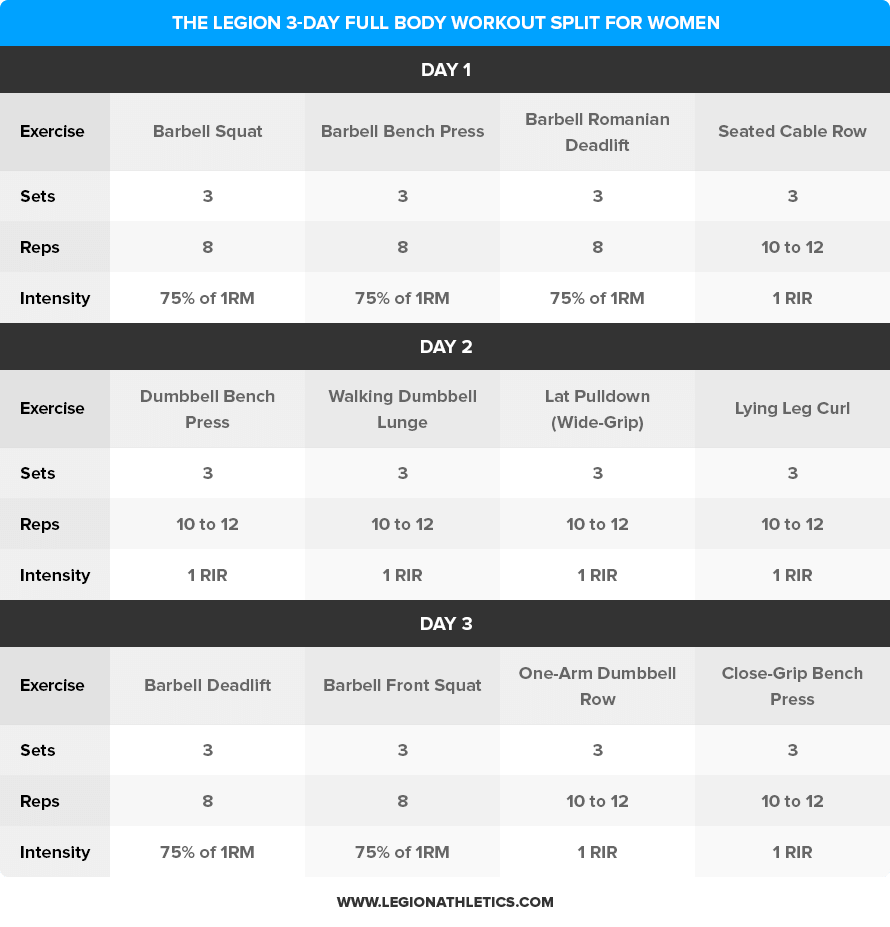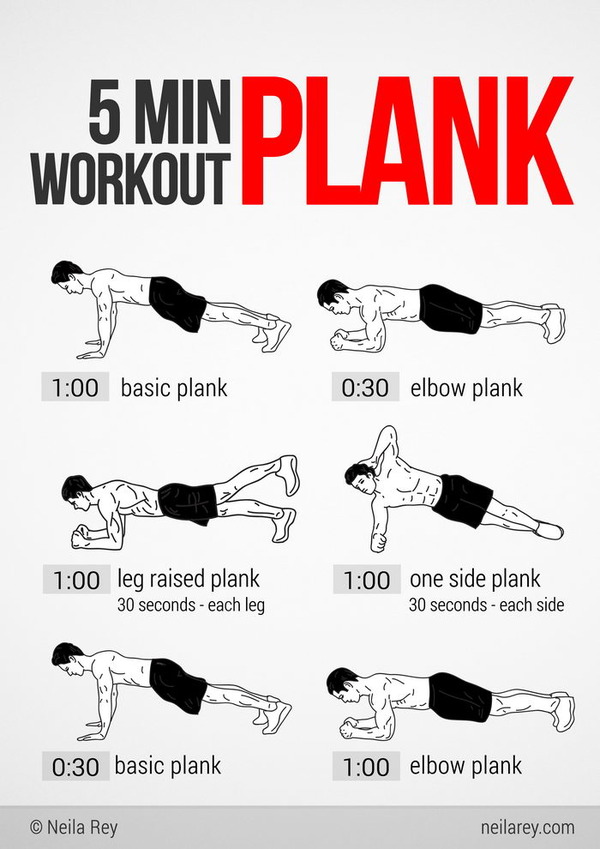
A personal trainer is a health care professional who oversees and motivates clients to improve their physical and mental health. They also administer different treatments to maintain a healthy lifestyle and correct exercise forms. The fitness trainers attend various classes. Although they are often well-paid, it is important that they have the right training and qualifications.
Personal trainer job description
Personal trainers work as health care professionals that focus on their clients' well-being. They are responsible to develop and deliver programs that help clients achieve their fitness goals. These individuals are responsible for advising clients on nutrition and form, as well as motivating them.
This position requires someone who has previous experience working in a commercial gym. They should also hold a Personal Training Certification from a nationally recognized agency. The job usually requires around 20 hours of training per work week. It comes with a starting wage of $15 per hour. You may also have the opportunity to earn commissions from personal training services. Applicants must be flexible and able to stay on top of their facility's calendar, keep current with the latest trends in health and fitness, and be knowledgeable about the benefits and pitfalls of exercise.

Personal trainers aid their clients in reaching their fitness goals. They provide individualized training programs for their clients and advise them on the best technique. They also monitor their clients' progress and ensure they do not get injured. Applicants should be experienced in the fitness industry and have excellent communication skills.
Personal trainers get a salary
Personal trainers in Houston, Texas have a range of salaries. Some earn as much as $39,800 per month, while others earn as little as $2000 per month. However, Houston trainers generally make between $4000- $8000 per monthly.
Personal trainers are responsible for helping clients stay fit and healthy. Texas has a high level of employment growth so this occupation offers many job opportunities. The United States Department of Labor projects that the employment of fitness professionals in Texas will rise by 22% between 2022 and 2022.
The salary of a Houston personal trainer can vary significantly depending on the type of employer and location. Some places pay minimum wage for non-training hours while others pay more. For example, a trainer working for a fitness club might earn between $30 and $60 per hour. Planet Fitness, on other hand, pays its fulltime trainers minimum wage. There are no bonuses and commissions.

Personal trainers work hours
Personal trainers are available in Houston. You need to be aware of the qualifications required and the hours. A personal coach generally works twenty hours per work week. In addition to this, they may work additional training hours, as well. Hourly, this job pays around $15 an hour. There is also the opportunity for commissions. Personal trainers are responsible to keep the facility on track and maintain their technical and professional knowledge about fitness, health and exercise.
FAQ
What does Nutrition do for Your Body?
Your body's ability to function properly is aided by nutrition. A balanced diet that includes plenty of fruits, vegetables, lean protein, whole grains, healthy fats, and lean proteins is the best way to ensure you get adequate nutrition.
Can exercise help me lose weight?
Yes. Regular exercise can help you shed extra calories and lose weight. You can also increase your metabolism, which means you will continue to burn calories even if you don't exercise.
Do I need to eat before going to the gym?
No. You don't have to eat before you start working out. But if you're feeling hungry after exercising, you may be tempted to snack on light foods like yogurt or fruit.
Do I need to get warm before going out?
Warming up before an activity can reduce muscle soreness, improve performance, and help to prevent injury. There are many methods you can use to warm up, including running, jumping rope and stretching. You should start slow and gradually increase your speed and intensity.
Are there exercises I shouldn’t perform?
Before starting any new exercise program, you should consult your doctor. There are some people who have medical conditions or injuries that make it difficult to exercise. Some activities also require special equipment. Swimming, for instance, requires both a swimsuit as well as access to the pool.
Statistics
- Globally, 81% of adolescents aged 11-17 years were insufficiently physically active in 2016. (who.int)
- In 2018, the World Health Assembly agreed on a global target to reduce physical inactivity by 15% by 2030 and align with the Sustainable Development Goals. (who.int)
- One study showed that adults who watch more than 4 hours of television daily had an 80% higher risk of death from cardiovascular disease. (heart.org)
- According to the Centers for Disease Control and Prevention, chronic diseases cause 7 out of 10 deaths in the U.S., and treating chronic diseases accounts for 86% of U.S. healthcare costs. (mana.md)
External Links
How To
How to burn belly fat faster
Belly Fat is often thought of as a problem when trying to lose fat. It's actually a good thing, in fact. It is the fat in your stomach that protects your organs. So let's see how to burn belly fat fast.
The main factors that lead to body fat storage are stress and lack exercise. Because of its stimulation of the production hormone cortisol, stress can make us feel hungry continuously. Cortisol levels are increased by insulin. The excess calories stored as fat are then stored by insulin. A lack of sleep leads to adrenaline being released into the system which causes an increased appetite. These extra calories are broken down through exercise.
There are many methods to lose belly fat. You can try any one of them depending upon your budget. Here are some tips to help you get rid of belly fat quickly.
-
Reduce your food intake. Instead of eating three large meals a day, eat smaller meals. This will result in fewer calories.
-
Drink lots of water. Water flushes out toxins from your body and keeps you hydrated. You won't overeat if you drink water before you eat.
-
Avoid snack foods that are unhealthy. If you're looking for quick fixes, snack foods like chips, cookies, candies, etc. It might sound tempting. These sweet treats can be tempting, but they are high in empty calories and sugar. Instead, opt for healthy alternatives such as fruits, vegetables and whole grains.
-
At least three times per semaine, do strength training. Strength training builds muscle mass which burns more calories even while resting. Strength training strengthens bones, muscles and ligaments. It can also improve the heart, lungs, joints, and other body systems.
-
Walk or stretch regularly. Stretching improves flexibility and mobility which can reduce back pain. Walking is great for burning calories.
-
Reduce alcohol intake. Your diet is empty of calories, and alcohol has no nutritional content.
-
Lose weight gradually. The first step towards losing weight is to identify what your current weight is. Add 5%-10% of your total bodyweight to calculate your ideal size. Once you have established your ideal weight, reduce your daily calorie intake by 500 to 1000 calories each day until you achieve your goal.
-
Avoid processed foods. These foods are high on sugar, salt, and additives. Even though they can be very convenient, these foods lack sufficient nutrients to support your health.
-
Don't skip breakfast! Eating breakfast improves concentration, memory, and energy level. Protein (like eggs), fiber and complex carbohydrates (like oatmeal) should be included in breakfast.
-
Have regular bowel movements. Gas and bloating can result from irregular bowel movements. You can prevent this by drinking lots of water and increasing your fiber intake.